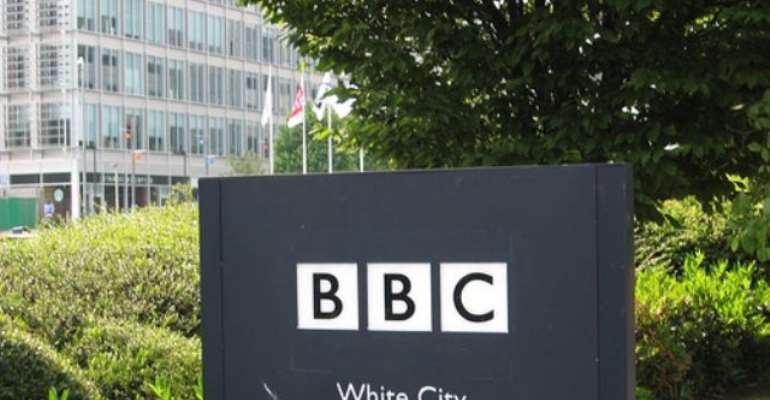BBC World News’ HARDtalk interview: Film Director Oliver Stone

London, 27 May 2010. HARDtalkhas recently visited the Cambridge University Union Society Chamber, a lively centre of debate and free speech for almost two hundred years, where legendary Hollywood film Director Oliver Stone gave a speech to students entitled From Platoon to Wall Street II.
Fresh from promoting his new film Wall Street: Money Never Sleeps in Cannes last week, Stone speaks to HARDtalk's Stephen Sackur from Cambridge about why he reprised the role of Gordon Gekko, the ruthless character from the 80's Oscar winning prequel film Wall Street. In an interview that covers a wide range of topics, from Vietnam to the Kennedy assassination and the Bush Presidency, Sackur presses him on his inter-weaving of fact and fiction - does accuracy matter when re-telling contemporary America's most important stories?
The triple Oscar winning and sometimes controversial Director responsible for such classic movies as Platoon, Born on The Fourth of July, JFK, Wall Street, and more recently World Trade Centre and W, also discusses his other latest work South of the Border, a documentary of his recent trip to Venezuela to meet the country's controversial president, Hugo Chavez.
Stephen Sackur [SS ]:You concluded back then that there was something very wrong with this form of casino capitalism. What's the point of making a sequel, because you're only saying the same thing again?
Oliver Stone [OS]: Well, I did it in the first place because my father was a businessman, he was a stockbroker, and he was an honest man, and he suffered – I mean, he didn't make any money at the end of his life, but he worked all his life, and I admired him. And he always used to say "They don't make good business movies", so here I was coming off Platoon, and it was highly successful, and I used my capital, so to speak, to make a movie that was counter to what they were making, so I was breaking the genre and it did well. But then I never thought this stuff would go on, I thought the pendulum would re-regulate, as Alan Greenspan thought, and there's be some sort of self-correction - there was not. The thing got crazier and crazier. The millions of dollars that Gekko was dealing with became literally billions. Gekko would no longer exist in the new Wall Street, he'd be a hedge funder, and a hedge funder has to start, a big-time hedge funder has to start with a billion dollars, which is a thousand-million dollars. It's inconceivable to me and to most people. The reason I wanted the whole new deal was that after 2008, after that crash, it was clear when I went to Wall Street and talked to people that the banks were no longer banks, they had become the hedge funds. Because the hedge funders were making so much money, the banks were frankly not only greedy but they were envious, and they said "If this guy can walk home with forty-million a year, and I'm walking home with two or three million dollars a year because I'm regulated", they changed their attitude, and the banks were no longer recognisable to me, and that's one of the central issues in the movie.
[SS]: Are you in some ways profoundly out of love with your own country?
[OS]: In some ways, yeah, sure. I think our foreign policy, especially in some of our domestic policies, is erroneous and has been erroneous since World War II. I think it was a different country before the war, and I think that the war - because we had the bomb, and because we had this singular power, economic and military, that we changed. (And that's what we're charting in this ten-hour documentary, The Secret History)
[SS]: And Obama - and the rise of Barack Obama hasn't changed...
[OS]: I'm very hopeful; you know I'd love to believe. Listen, Kennedy was a product of this economic imperialism. He changed an office, and that's one of the issues I brought up in JFK. I was laughed at the time, but now a lot of people have come out and said "Yeah, Kennedy was trying to get out of Vietnam, he was making a deal with Cuba, he was reaching a détente with Nikita Khrushchev, and the Khrushchev/Kennedy thing in one of the most interesting, fascinating moments, it was like Gorbachev/Reagan years later. That was denied at the time my movie came out. Now it's being discussed. So the same thing is true, I mean America has to deal with the past, the past is prolonged, and if we don't remember we're condemned to the tyranny of now, and we will always be reacting to the 9/11s and all the immediate things that happen, we'll be running around and we'll be making huge mistakes, and committing our resources to wars in Afghanistan and Iraq that need not be.
Broadcast times are as follows:
Thursday 27 May, BBC World News 0330 GMT, and repeated 0830 GMT, 1530 GMT, 1930 GMT
BBC News Channel at 0430 BST and 2330 BST
